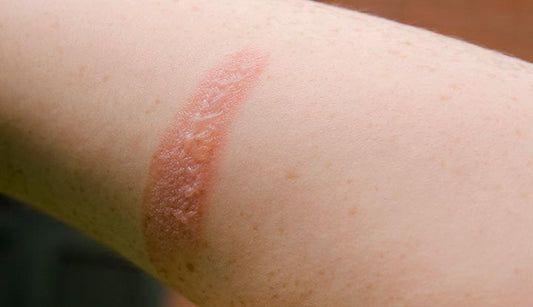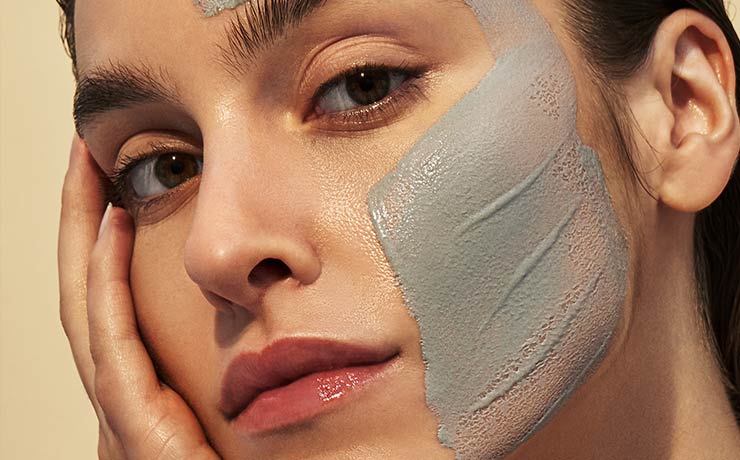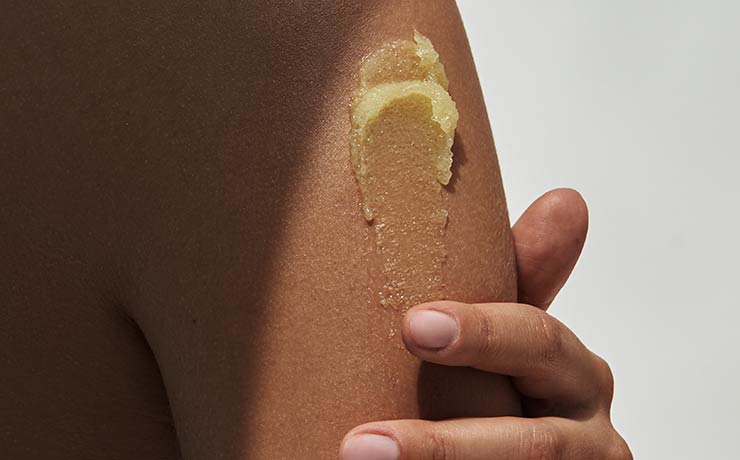Q1: What is collagen?
A1: Collagen is the main protein of connective tissue and is the main component of every organism, including the skin. It is a renewable substance and represents, on average, 30% of all proteins in humans.
Q2: Do collagen cosmetics work?
A2: It depends on the type of collagen. Bovine collagen is ineffective, while fish collagen, obtained by "cold" extraction at the molecular level, is identical to human collagen and is therefore a "fully working" cosmetic.
Q3: Is it possible for collagen to penetrate into the skin?
A3: Bovine collagen does not penetrate the skin, but fish collagen does. Fish collagen particles are smaller and can fully penetrate the epidermis.
Q4: What is the mechanism of collagen gel?
A4: The mechanism of fish collagen is very interesting. When the gel is applied to the skin, it dissolves at body temperature and disintegrates into oligopeptides that can penetrate the epidermis. These oligopeptides reach the vicinity of the fibroblasts, which are responsible for the production of structural collagen, and stimulate its production.
Q5: How should collagen be used?
A5: Before applying the collagen, the skin should be cleansed and rinsed with lukewarm water. Apply the collagen gel to the still damp skin, patting gently. It is recommended to use collagen on the skin of the face, neck and décolleté twice a day, in the morning and at night.
Q6: What happens if I apply too much collagen?
A6: Applying a larger amount of collagen or doing it more frequently does not guarantee better results. The skin has a limited ability to absorb the protein, and if we apply too much, it will leave a dry, white layer on the skin.
Q7: How long do I need to use the collagen to see effects and what will happen if I don't use it regularly?
A7: Collagen in the skin is renewed every 110-115 days. To achieve a long-term effect, the fibroblasts must be stimulated during that period of time into the production of structural collagen. The fewer applications there are, the weaker the collagen matrix renewal process will be.
Q8: Can I apply collagen directly under makeup?
A8: Yes. If we don't apply an excessive amount of collagen, it will fully absorb into the skin. 6-7 minutes are enough for the gel to be fully absorbed, moisturizing and tightening the skin.
Q9: Should I store the collagen in the refrigerator?
A9: No. Collagen should not be stored in the refrigerator, as at 4°C it will be very dense and difficult to apply. Also, collagen is usually applied in the bathroom, so it's best to have it nearby.
Q10: What happens if the collagen exceeds 26°C?
A10: It is important not to exceed this temperature, since collagen is sensitive to heat and can lose its biological activity. If this happens, the gel will have the consistency of water instead of gel.
Q11: Is collagen likely to cause sensitization or damage in any way?
A11: No. Collagen has a positive response from the immune system and has full antigenic compatibility with humans.
Q12: Will collagen help remove stains?
A12: Yes. Collagen gel contains lactic acid, which supports the synthesis of ceramides and supports the natural exfoliation of keratinized skin, thereby removing blemishes.
Q13: Can I use collagen while having acne?
A13: Yes. Collagen helps fight acne, both rosacea and acne. Collagen soothes it, and the lactic acid contained in it regulates the energy metabolism of the skin.
Q14: Is collagen a natural cosmetic?
A14: Yes, 100%. Collagen contains only 4 components, including water. It is not a multi-component cream, but a pure collagen gel.

























































































































